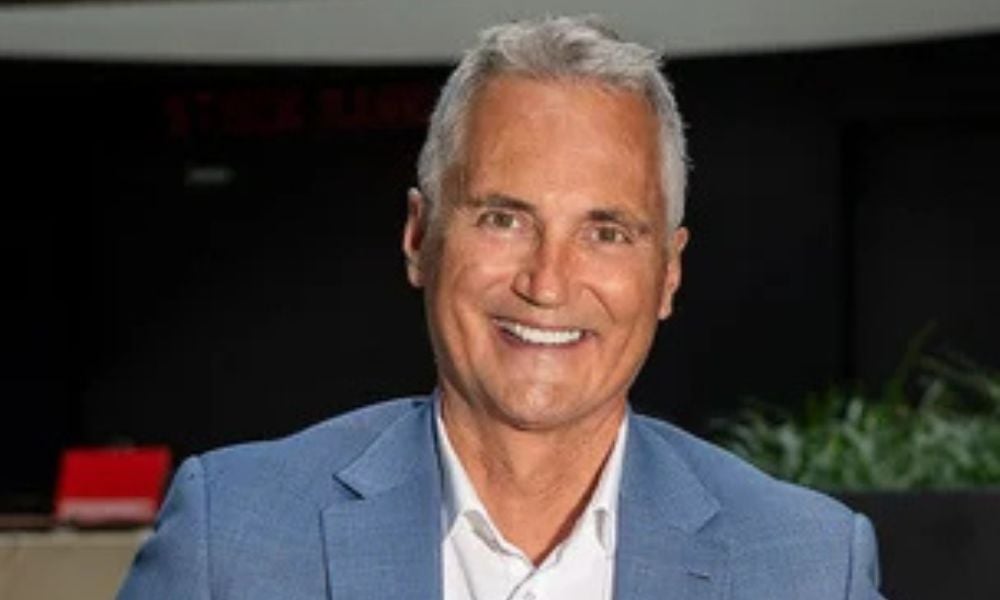Kiwis explore buying alternatives, LJ Hooker finds

Faced with affordability challenges, home buyers and sellers in New Zealand are adjusting their strategies, with younger generations leading a shift toward co-ownership, digital platforms, and apartment living, according to LJ Hooker research.
According to CoreLogic New Zealand’s latest data, property values nationwide increased by 0.3% in February, marking the first significant rise in over a year, with the national median property value now at $807,164.
Real estate agents remain key despite digital shift
Although digital platforms have made private sales more accessible, most Kiwis still prefer working with real estate agents. The study found that:
- Only 23% of New Zealanders have considered selling their home without an agent.
- 44% of Gen Z would consider selling privately, a significantly higher rate than older generations.
- Face-to-face meetings remain the preferred communication method despite advancements in technology.
Campbell Dunoon (pictured), LJ Hooker head of network NZ, highlighted the challenges of private sales.
“It quickly becomes clear that selling a home is far more complex than selling an old coffee table online,” Dunoon said. “With fluctuating market conditions, competing offers, and strict regulations, working with a real estate agent helps remove stress and ensures sellers get the best outcome.”
When choosing an agent, New Zealanders prioritise commission rates (61%), local expertise (54%), and customer service (46%).
Co-ownership and apartment living gain popularity
Younger buyers are increasingly looking beyond traditional standalone homes, considering shared ownership and apartment living as viable options.
- 45% of Gen Z and 40% of Gen Y are open to co-owning a home with a friend or sibling, compared to only 22% of Baby Boomers.
- 40% of New Zealanders would consider apartment living, with younger buyers leading this shift (48% of Gen Z vs. 37% of Gen X).
Dunoon noted that changing affordability has influenced these trends.
“Kiwis still see property ownership as a key path to financial security, but affordability challenges mean that more people are open to alternative options like co-ownership or apartment living,” he said.
Dunoon advised buyers considering co-ownership to have a clear agreement in place.
“If you’re buying with a friend or family member, ensure you have a formal agreement outlining each party’s responsibilities and an exit strategy in case circumstances change,” he said.
Parental support plays a key role in home purchases
Despite the availability of KiwiSaver, many first-home buyers continue to rely on financial help from their parents to enter the property market.
- 31% of homebuyers reported that their parents were open to providing financial assistance.
- 89% of parents said they were willing to help their children buy a home.
Dunoon emphasised that many parents recognise the long-term benefits of homeownership.
“Parents who have built wealth through homeownership understand its long-term benefits,” he said. “Many are eager to support their children in achieving the same goal, even though the path to homeownership has changed over the years.”
A changing market with evolving buyer behaviour
As housing affordability remains a challenge, New Zealanders—especially younger generations—are adapting by exploring alternative paths to homeownership. While the property market is showing signs of stability and potential growth, the way Kiwis buy and sell homes is evolving.
For buyers, the market presents new opportunities through co-ownership, financial support from family, and the increasing acceptance of apartment living.
However, real estate agents continue to play a crucial role in guiding buyers and sellers through a shifting landscape.



